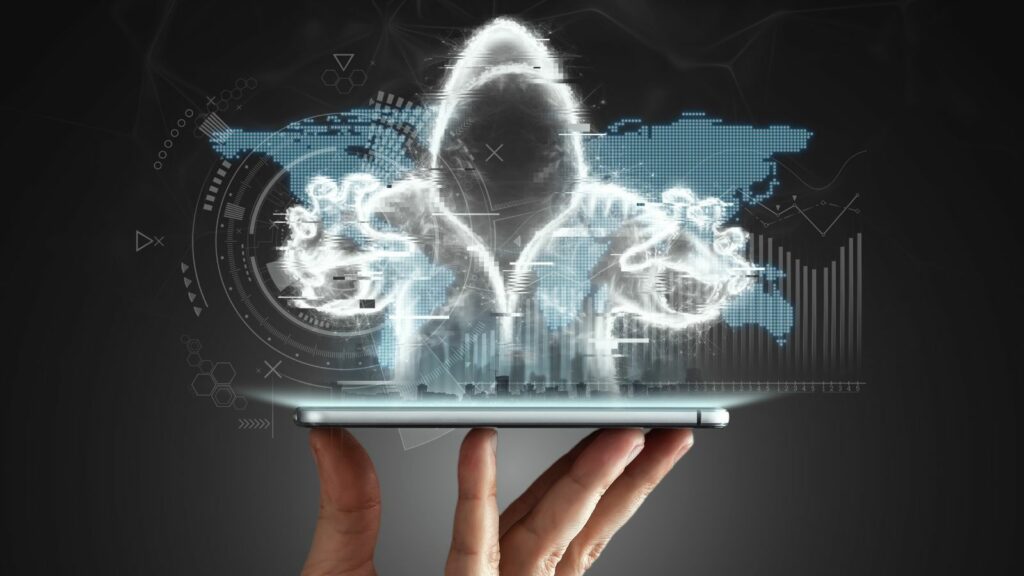Artificial intelligence (AI) has rapidly become a part of many aspects of daily life, ranging from asking Alexa to carry out simple tasks at home or using it to help with writing scripts at the office. But, despite the many advantages of AI, it can also pose some risks. From a loss of critical thinking to ethical dilemmas, we look at 19 hidden dangers of relying on AI:
Loss of Critical Thinking Skills
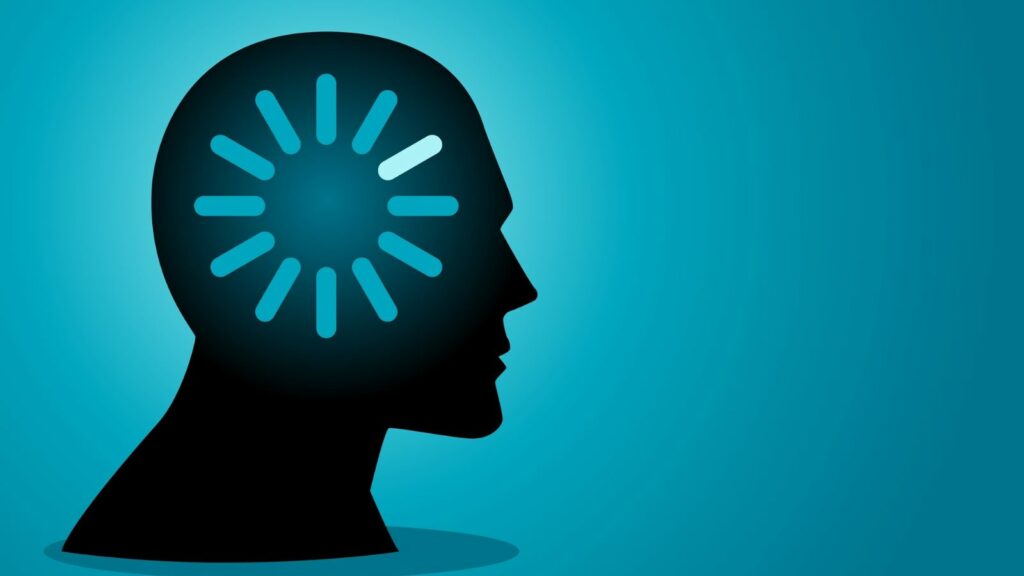
When people consistently use AI systems rather than making decisions for themselves, they risk losing their ability to critically analyze situations. Over time, people may become overly reliant on technology to think for them and will struggle when their ability to problem-solve or make informed choices diminishes.
Bias in Algorithms
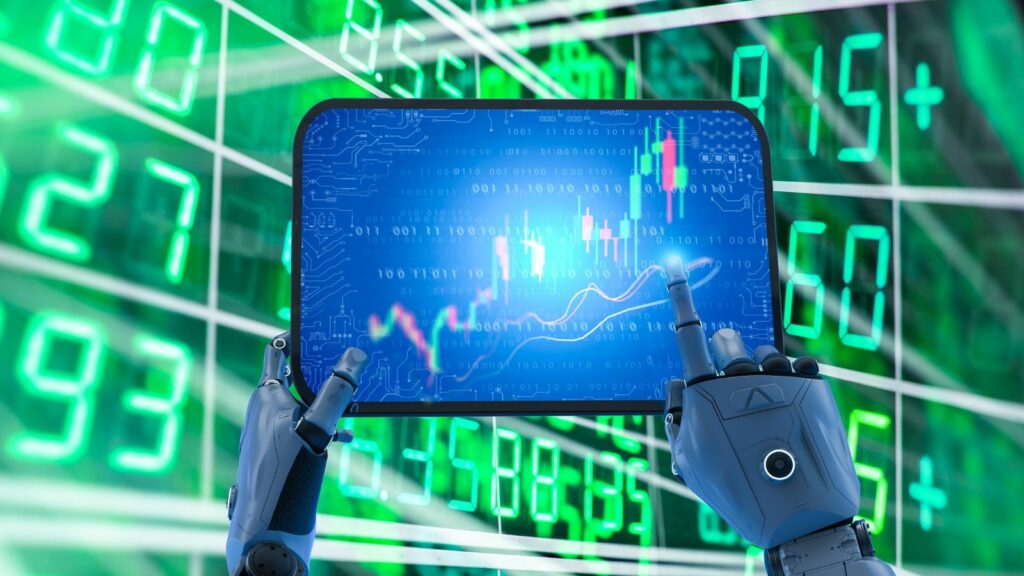
AI systems are only as unbiased as the data used to train them, making them prone to societal biases, such as racial, gender or socioeconomic discrimination.The constant use of AI can perpetuate and even amplify these prejudices, leading to unfair outcomes in areas like lending or law enforcement.
Erosion of Personal Privacy

Many AI applications rely on vast amounts of personal data to function effectively, meaning sensitive information, such as bank details, are at risk. In the wrong hands, personal data can be exploited for malicious purposes such as credit card fraud or identity theft.
Overconfidence in AI Accuracy

AI systems are often seen as infallible due to their data-driven nature, but they are prone to errors, particularly when faced with unique scenarios they haven’t faced yet. Placing blind faith in AI’s accuracy can lead to poor decisions and inaccurate information being shared, for example when using it to compile a newspaper report.
Reduction in Human Oversight
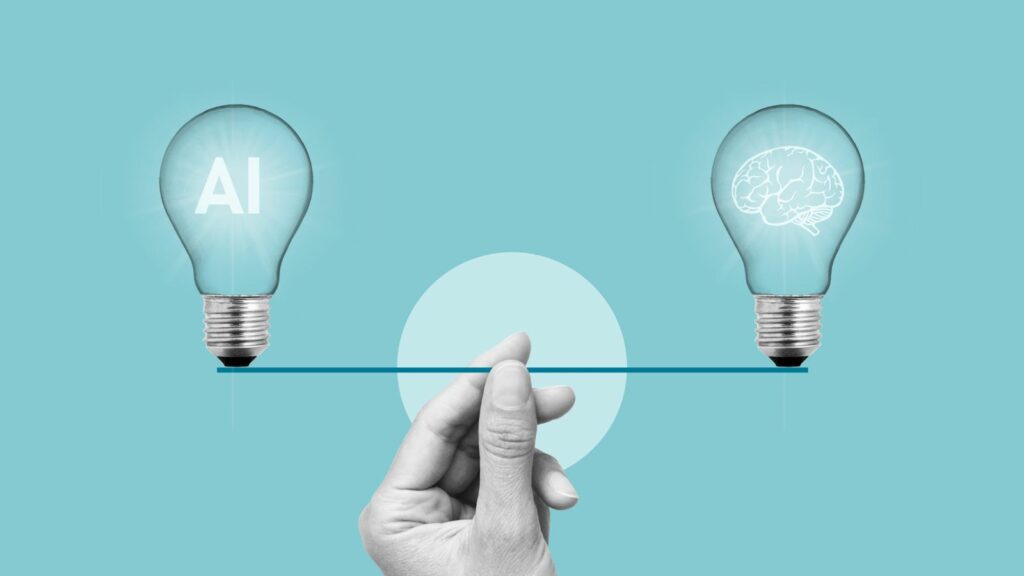
Without human checks, errors in AI systems can go undetected for extended periods, especially if the use of AI leads to a reduction in staff. If monitoring Of AI outputs is not sufficient, there could be major consequences, particularly in critical sectors like healthcare and finance.
Dehumanization of Interactions
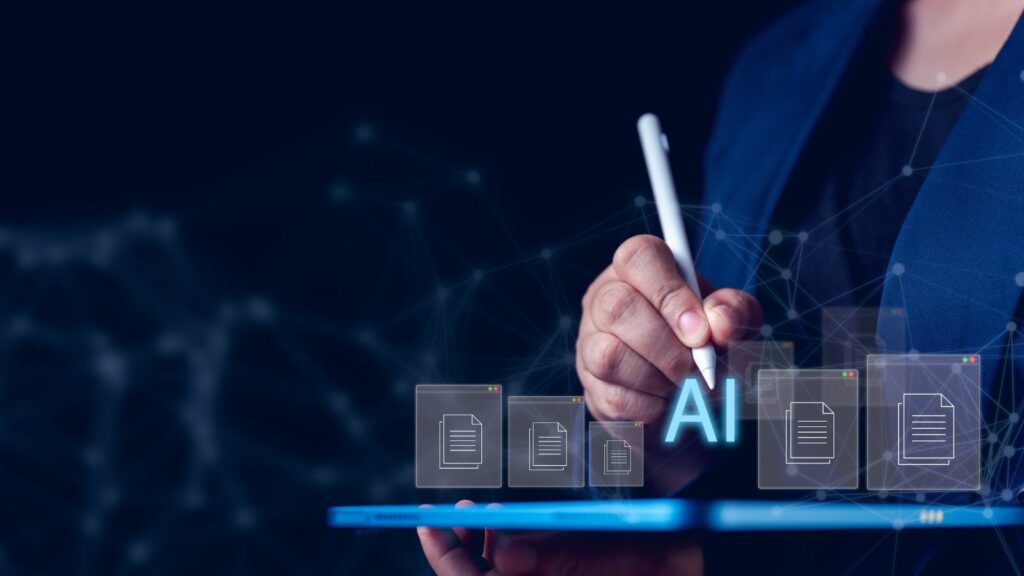
Incorporating AI into customer service, healthcare and other sectors can create a dehumanized experience for customers. While machines can provide efficiency, they often lack empathy and a deeper level of understanding that’s required for complex queries, for example a person who is trying to get help with their banking who has communication difficulties.
Replacing Manual Work
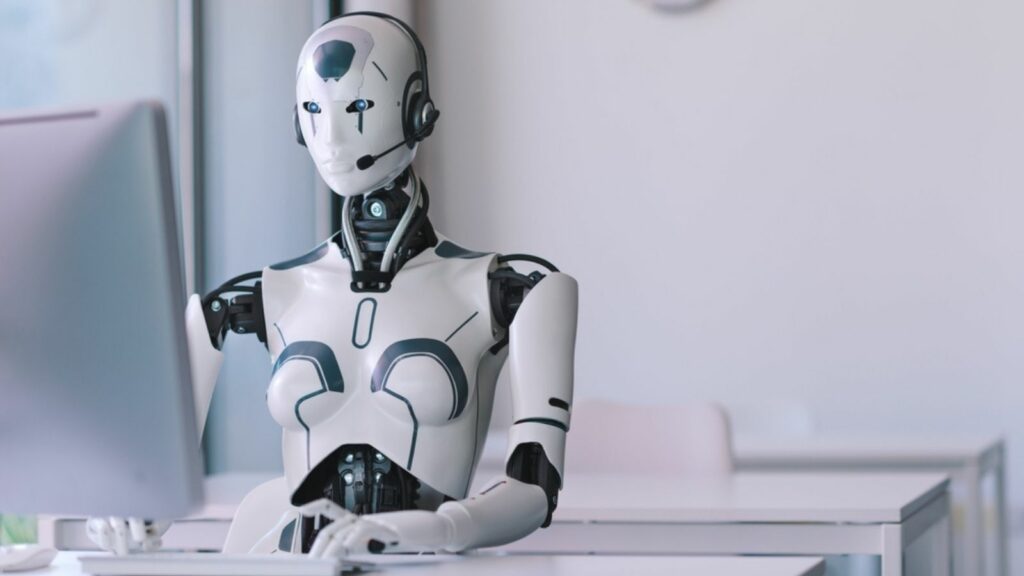
AI automates many tasks, which has lead to job losses in certain industries, much in the way that machinery took over factory jobs. Over time, this can cause economic inequality as lower-skilled workers face greater difficulty finding employment, while those in AI-related fields have a wealth of opportunities.
Dependence on Proprietary Systems

A reliance on proprietary systems is due to the fact that many AI technologies are owned and run by private businesses. Because of their dependence on proprietary systems, Ai users may be exposed to changes in terms of service and pricing, for example.
Ethical Dilemmas in Decision-Making
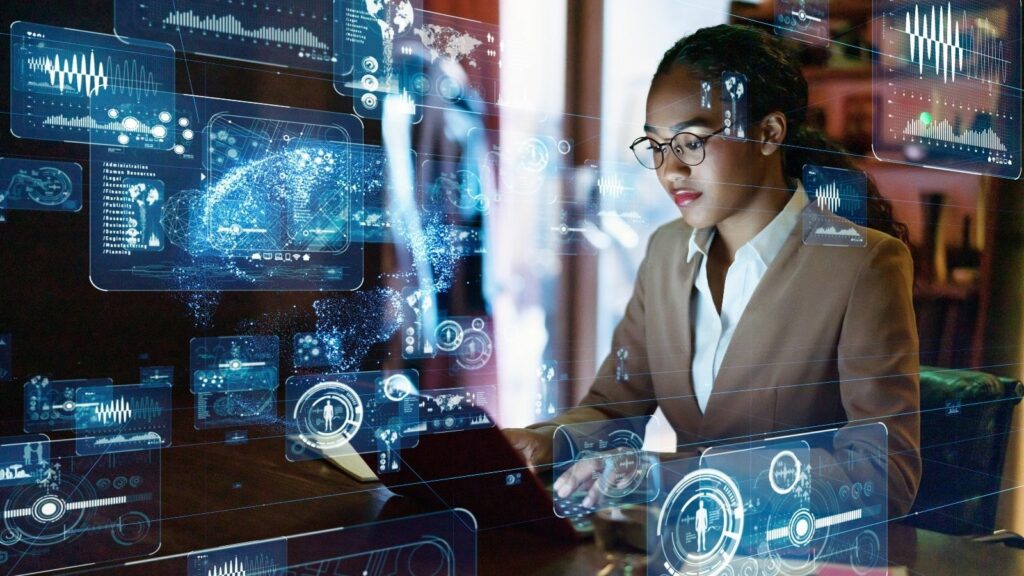
AI lacks the ability to navigate ethical nuances when tasked with making morally complex decisions. Without a human level of thinking, AI systems can default to purely logical or data-driven solutions, which could result in ethically questionable results.
Environmental Impact
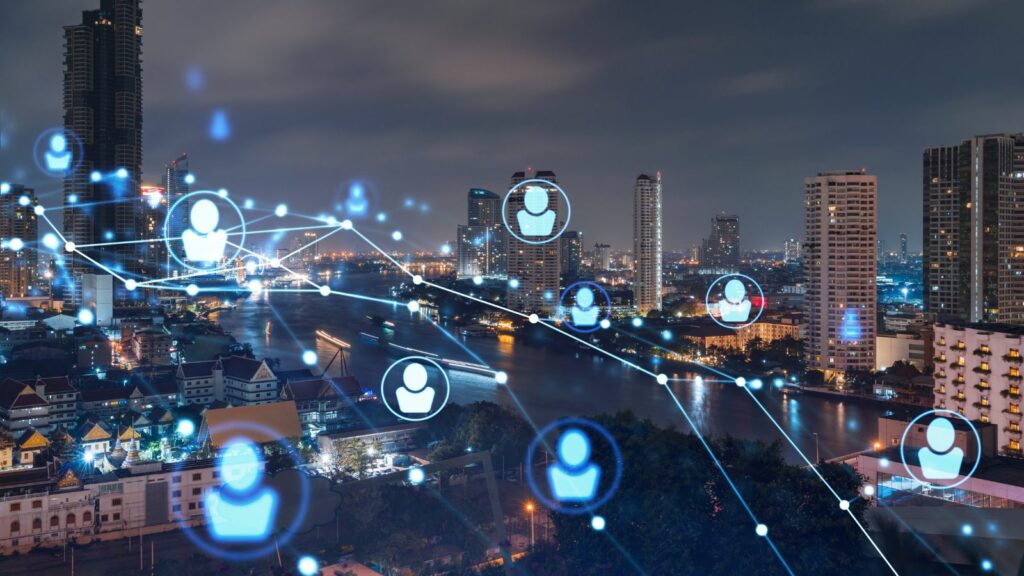
Environmental issues are made worse by the energy requirements of AI systems, especially those that need to analyze vast amounts of data. The massive electricity consumption of data centers contributes to the carbon footprint of modern technologies, something many people aren’t aware of.
Reduced Accountability
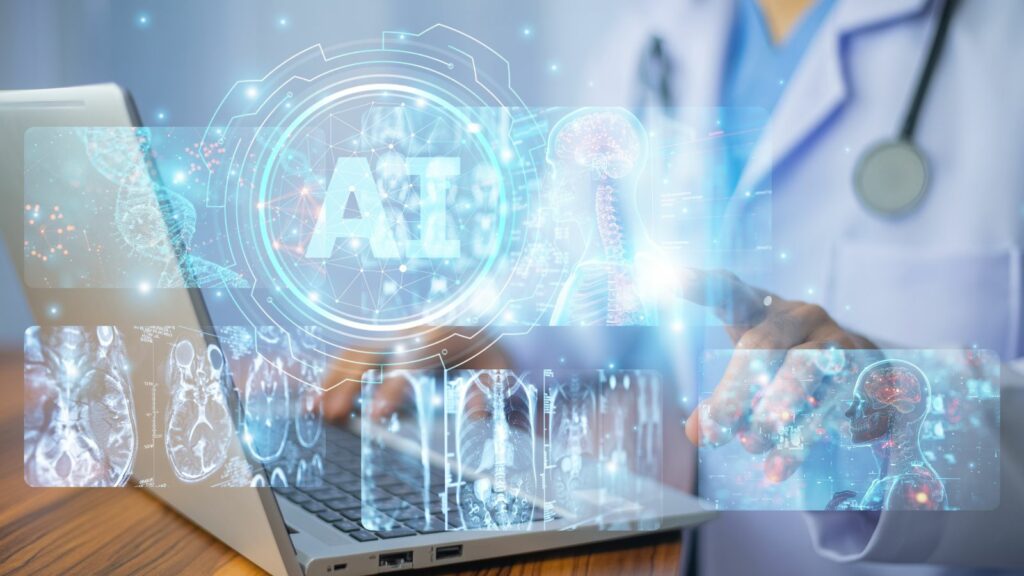
When decisions are made by AI, it’s difficult to pinpoint responsibility when something goes wrong. This lack of accountability when using AI can make it difficult to correct mistakes and erode will eventually lose the trust of people using companies that rely heavily on automated systems.
Diminished Creativity
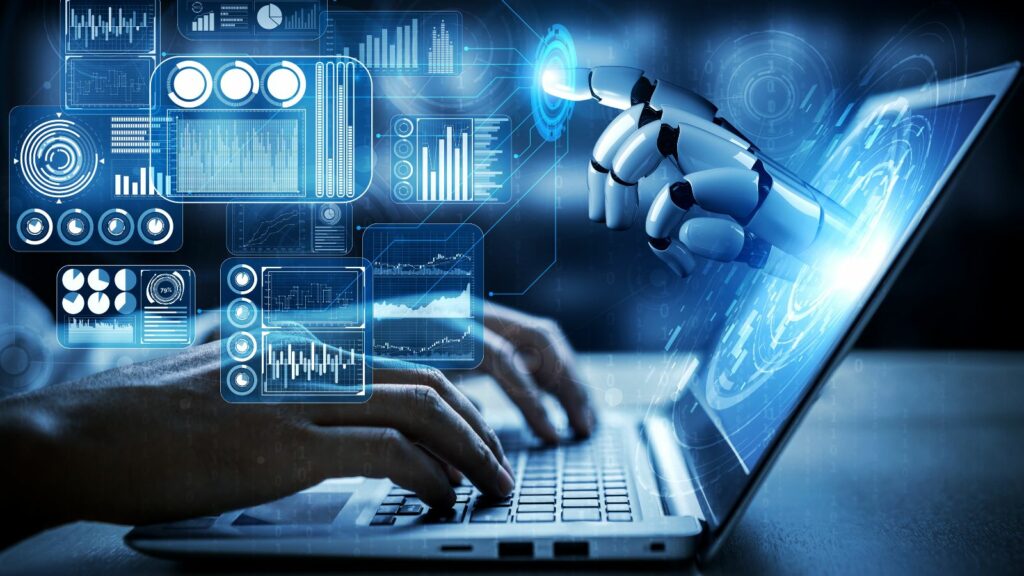
Many creative professionals and amateurs now use AI-powered tools like ChatGPT for writing, Canva for design, and MidJourney for art. While AI tools offer efficient, excessive reliance on them can lead to a decline in creative problem-solving skills or artistic expression.
Vulnerability to Cyberattacks

AI systems, like any digital technology, are vulnerable to hacking and manipulation. When an AI system is compromised it could produce faulty decisions, potentially causing harm before the issue is identified by its controllers.
Overfitting to Historical Data

AI relies heavily on historical data to make predictions or recommendations. An overfitted AI model might confidently make incorrect predictions based on unreliable correlations it learned from historical data that may not, which can lead to serious errors.
Cultural and Linguistic Limitations
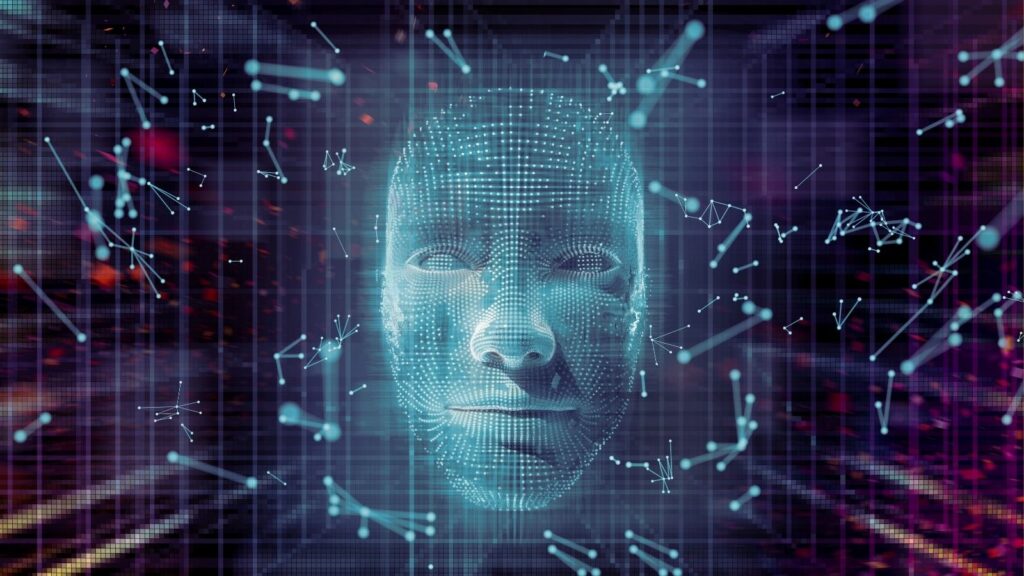
Many AI systems are designed with specific cultural or linguistic contexts in mind, which may not be accurate when used for diverse populations. This means that some AI tools may produce inaccurate or insensitive outputs, leading to misunderstandings or even being offensive.
Displacement of Emotional Intelligence
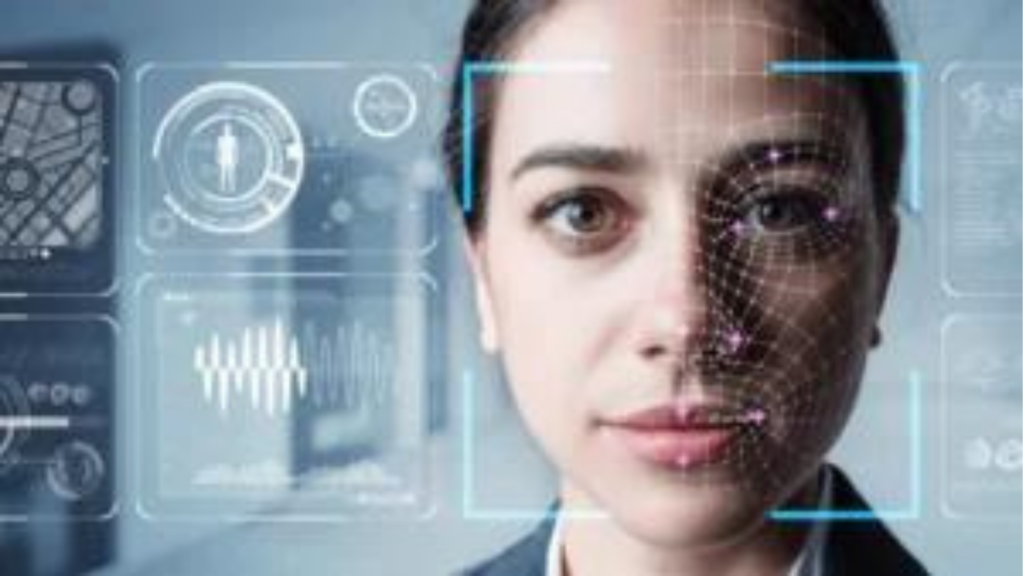
AI’s logical and data-driven nature often comes at the expense of emotional intelligence. When used in roles requiring empathy and understanding, such as therapy or caregiving, AI can fall short in addressing the emotional needs of individuals, letting people down in the process.
Complacency in Learning
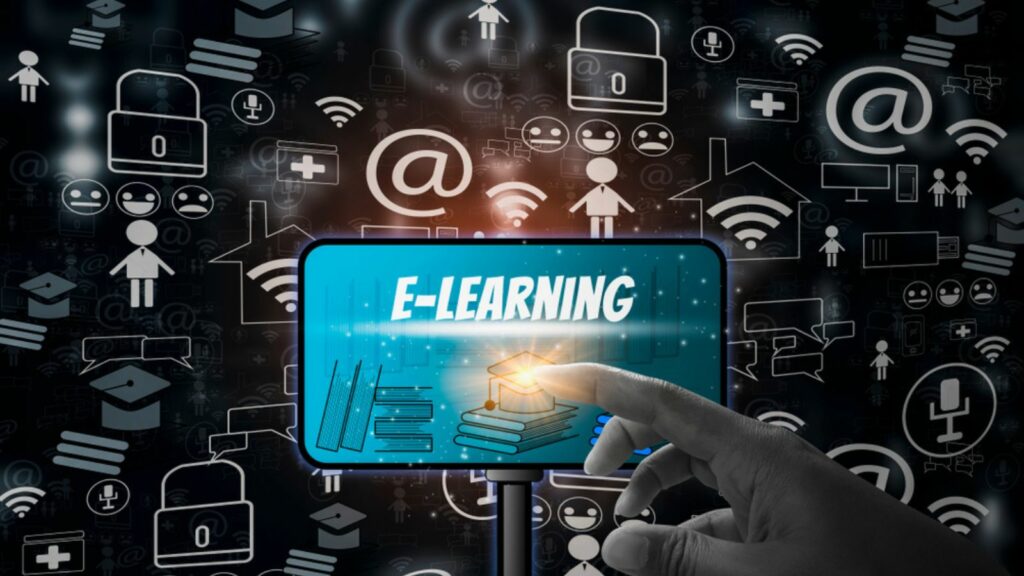
The convenience of AI can discourage people from acquiring new skills and can take the fun out of learning. Evidence of this can be seen in GPS navigation systems reducing the need to develop a sense of direction and automated language translation tools stopping people from learning a new language.
Exacerbation of Social Inequalities

Access to advanced AI tools often depends on socioeconomic status, with wealthier individuals and organizations benefiting more than people at the bottom of the socioeconomic scale. This digital divide between those who can afford modern technology can widen existing inequalities, leaving disadvantaged groups further behind their wealthy peers.
Unintended Consequences in Decision-Making
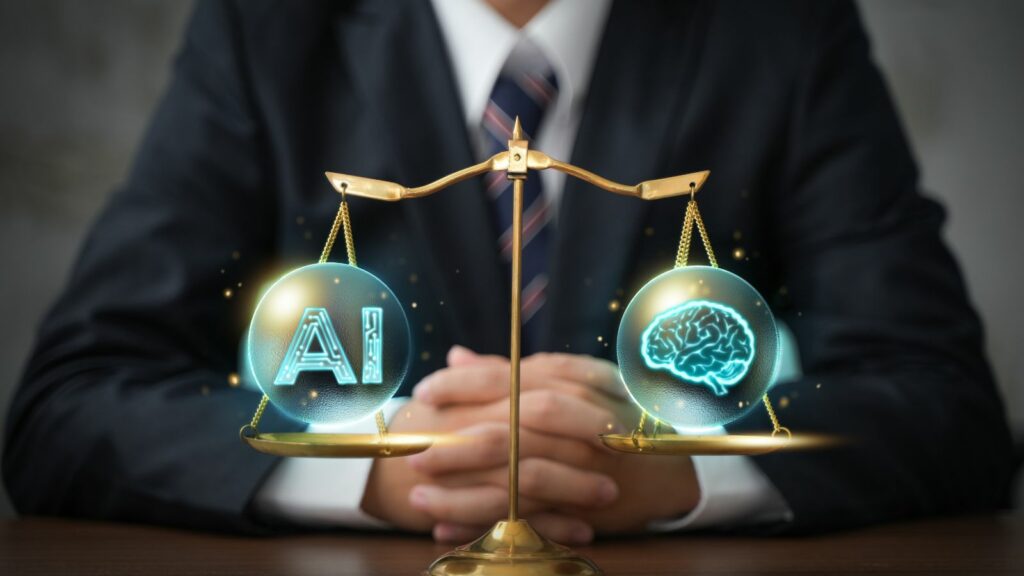
AI’s reliance on algorithms can produce unintended consequences when decisions are made without understanding the broader context. For example, an AI optimizing for efficiency in resource allocation might inadvertently exclude vulnerable populations from critical services.
25 Countries Predicted to Become Economic Superpowers in the Next 20 Years

The strength of an economy plays a crucial role in various international policies about trade and relations. Certain factors determine the strength of an economy, including population growth, availability of resources, and development and advancement. Here are 25 countries predicted to become economic superpowers in the next 20 years
25 Countries Predicted to Become Economic Superpowers in the Next 20 Years
